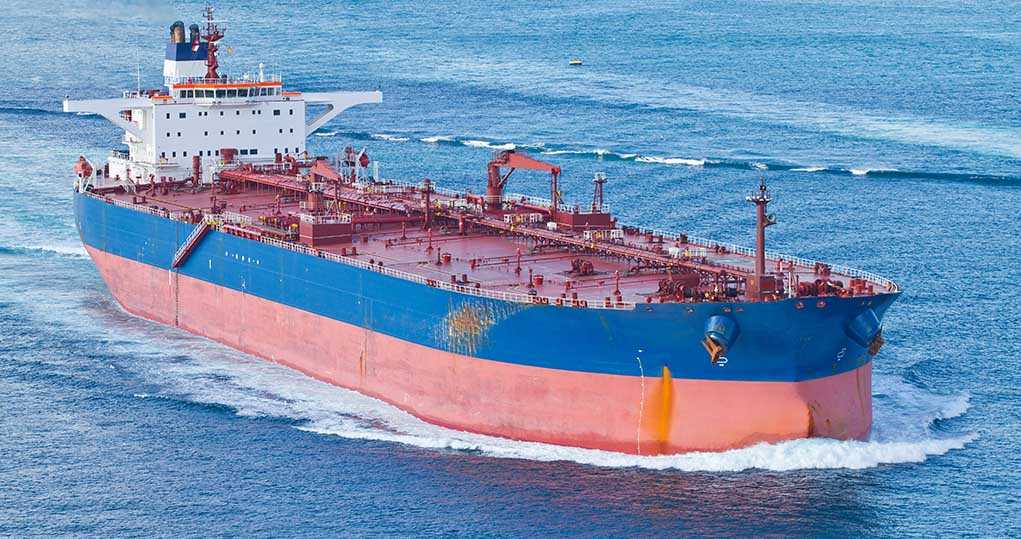
Six innocent crew members vanish into thin air after a Greek-owned cargo ship gets blown apart in the Red Sea—while world leaders lecture us on “global stability” and the shipping industry’s hands are tied.
At a Glance
- Houthis launch first major attack on merchant shipping since 2024, sinking the Greek-owned MV MAGIC SEAS in the Red Sea.
- Six crew members are reportedly held hostage by Houthi forces, with the rest rescued or missing.
- A second Greek-owned ship, Eternity C, is attacked within days, resulting in three deaths and two injuries.
- Global shipping faces chaos, soaring insurance costs, and rerouting nightmares as regional instability grows.
Houthi Assault Throws Red Sea Shipping Into Chaos—Again
The Red Sea, that critical artery of global commerce, is once again a warzone thanks to Yemen’s Houthi rebels. On July 6, 2025, they hit the Greek-owned, Liberian-flagged MV MAGIC SEAS with a barrage of small boats, drones, and missiles. The vessel was left dead in the water—sinking—about 59 miles off Yemen’s Hodeidah port. All 22 crew members abandoned ship in the chaos, but six are believed to have been snatched by the Houthis, leaving their loved ones with nothing but silence and fear. If you thought the world learned anything after the last wave of attacks in 2024, think again. Here we are, watching a repeat performance, and, as usual, the international “community” responds with sternly worded statements while the shipping lanes—the lifeblood of global trade—are choked by violence.
This attack is not an isolated incident. Less than 24 hours later, another Greek-owned ship, Eternity C, was targeted, leaving three crew killed and two injured. Both vessels, critical to international trade, now lie crippled or sunk, and the world’s alarm bells are ringing. But what does the average American get? Higher prices, more supply chain disruptions, and another round of lectures from global elites about “regional security.” It’s enough to make you want to throw your remote at the TV.
Crew Members Pay the Price—While Global Leaders Dither
The fate of the six crew members reportedly held by the Houthis hangs in the balance. These are not soldiers—they’re civilian mariners, caught in the crossfire of a regional proxy war. Their only crime: doing their jobs, moving goods the world depends on. The European Union’s naval force and private security firms confirmed the details, but so far, no one can guarantee the safety or release of these hostages. This isn’t just a shipping story; it’s a human tragedy that exposes the utter impotence of international bureaucracy. While politicians and diplomats posture and preen, the families of the detained endure sleepless nights, waiting for news that may never come.
Meanwhile, the impact on the global shipping industry is immediate and severe. Insurance premiums skyrocket, routes are rerouted at enormous cost, and the threat of further attacks looms over every vessel. Who foots the bill? You do—every time you fill your gas tank or buy groceries. And yet, the same crowd that can’t control chaos on the high seas wants you to believe they can “manage” our borders, our energy, and our economy.
New Campaign of Violence—And Familiar Excuses
This new wave of attacks comes after a lull since November 2024, but the Houthis are “back with a bang,” as one regional analyst put it. They claim their campaign is in solidarity with Palestinians, but the net result is more instability, more dead crewmen, and more chaos for ordinary people. Iran’s fingerprints are all over this—providing weapons, training, and ideological backing to the Houthis—yet the calls for accountability remain muted. The exiled Yemeni government and the U.S. Embassy in Yemen blame the Houthis, but the real question is: Who is going to do anything about it?
The answer, predictably, is more “monitoring,” more “vigilance,” and more naval patrols—none of which have stopped the attacks or rescued the hostages. The international shipping industry is left to fend for itself, rerouting vessels around Africa at massive cost, while world leaders debate, delay, and deflect. Meanwhile, everyday Americans pay the price at the pump and the checkout line, all while being told to count their blessings that “global trade is resilient.”
Global Supply Chains Suffer—And So Do American Families
Disruption in the Red Sea isn’t just a problem for Greek shipowners or insurance companies. It’s a gut punch to global supply chains, energy markets, and, ultimately, your wallet. Every time a ship is sunk or rerouted, the cost gets passed down the line. Oil and gas shipments are delayed, consumer goods become more expensive, and inflation ticks higher—especially in an era of government overspending and endless money printing. But don’t expect any sympathy from the globalist set, who are too busy crafting the next U.N. “statement of concern.”
This is the real-world cost of weak leadership, open-ended proxy wars, and a refusal to call evil by its name. Until the world gets serious about reining in state-sponsored terror and protecting international commerce, these attacks will continue—and ordinary people will keep paying the price while the so-called experts wring their hands and blame “complex regional dynamics.”











